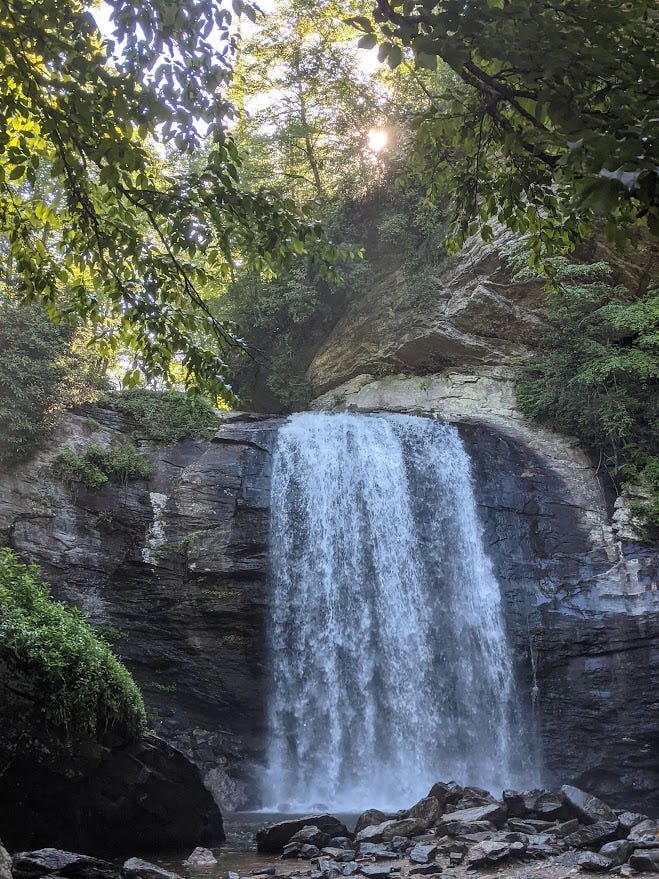My last two years of college, a student group formed to offer a praise and worship “Holy Hour” Monday nights at 10 p.m. There was a song we sang that I’ve never been able to find again, based on the refrain of Psalm 42 (and which repeats again in Psalm 43):
Why are you cast down, O my soul,
and why are you disquieted within me?
Hope in God, for I shall again praise him,
my help and my God.
This arrangement always seemed to tap into more longing and lament than I’ve ever felt in the more well-known “As the Deer” by The Maranatha! Singers. “As the Deer” stays more positive and peaceful, while the song from college was willing to go deeper and acknowledge where life is unsettled and troubled. Although, to be fair, the psalmist doesn’t say that life is uncertain; the psalmist talks about the soul. My soul is cast down and disquieted. My soul thirsts to encounter God. My soul is in despair and turmoil, dejected and depressed, restless, discouraged, and troubled. (By the way, those weren’t from a thesaurus; those were all different Bible translations of the same verse.) The psalmist isn’t feeling this at a surface level or heart level, this is soul-level despair.
The imagery to convey this degree of disquiet is water. It begins in the first verse with a longing for flowing streams. Not dried up streams, nor streams with rushing water, but a gentle flowing current. That’s the desire, that’s what will satiate the psalmist’s thirst, instead of the salty tears “that have been my food day and night.” Salt water does not quench thirst; in fact, it will make you thirstier because it will further dehydrate you instead of rehydrating. Salt water is not living water, it is not flowing water. Salt is good for other purposes, but not for drinking.

The psalmist pours out their soul, like water, and the psalm crescendos with verse 7:
Deep calls to deep
at the thunder of your torrents;
all your waves and your billows
have gone over me.
The psalmist is talking to God – these are God’s waterfalls and waves and torrents of water sweeping over the psalmist. In Psalm 69, “the waters are up to my neck.” Here, the waters are rushing over me, like waves breaking on me. Isaiah 43 promises that the deep waters will not overwhelm me or wash me away. So, I will not be washed away, but I will be washed over.
When I go swimming in the ocean, the rule I set a long time ago was that when I was knocked off my feet and underwater three times, then it was time to come in to shore for a bit. All I have to do is close my eyes and I can remember the tang of salt water in my nose and breath, feeling the waves wash over me, and, sometimes, my butt bumping the sand under me until I get my feet back down again. I know this feeling, and I always come back up for air again.
Deep water comes, not just up to your neck but over your head, thundering down. And you come up gagging and gasping for breath, sometimes using all your might to survive – because you will survive. The pounding water will not overwhelm you. You may go under, but you will not perish. God is with you. These cataracts and waves and breakers belong to God. This deep rushing water is God’s. It belongs to the Holy One, who neither slumbers nor sleeps in watching over you (Psalm 121).
Even when my soul is downcast and in despair, the psalmist still acknowledges God is my rock (Psalm 42:9). Even when the waters flow by, sometimes stronger than we’d like, sometimes even taking us under, we can find the rock that is still underneath our feet, telling us which way is up, which way is air to breathe, which way is life.



